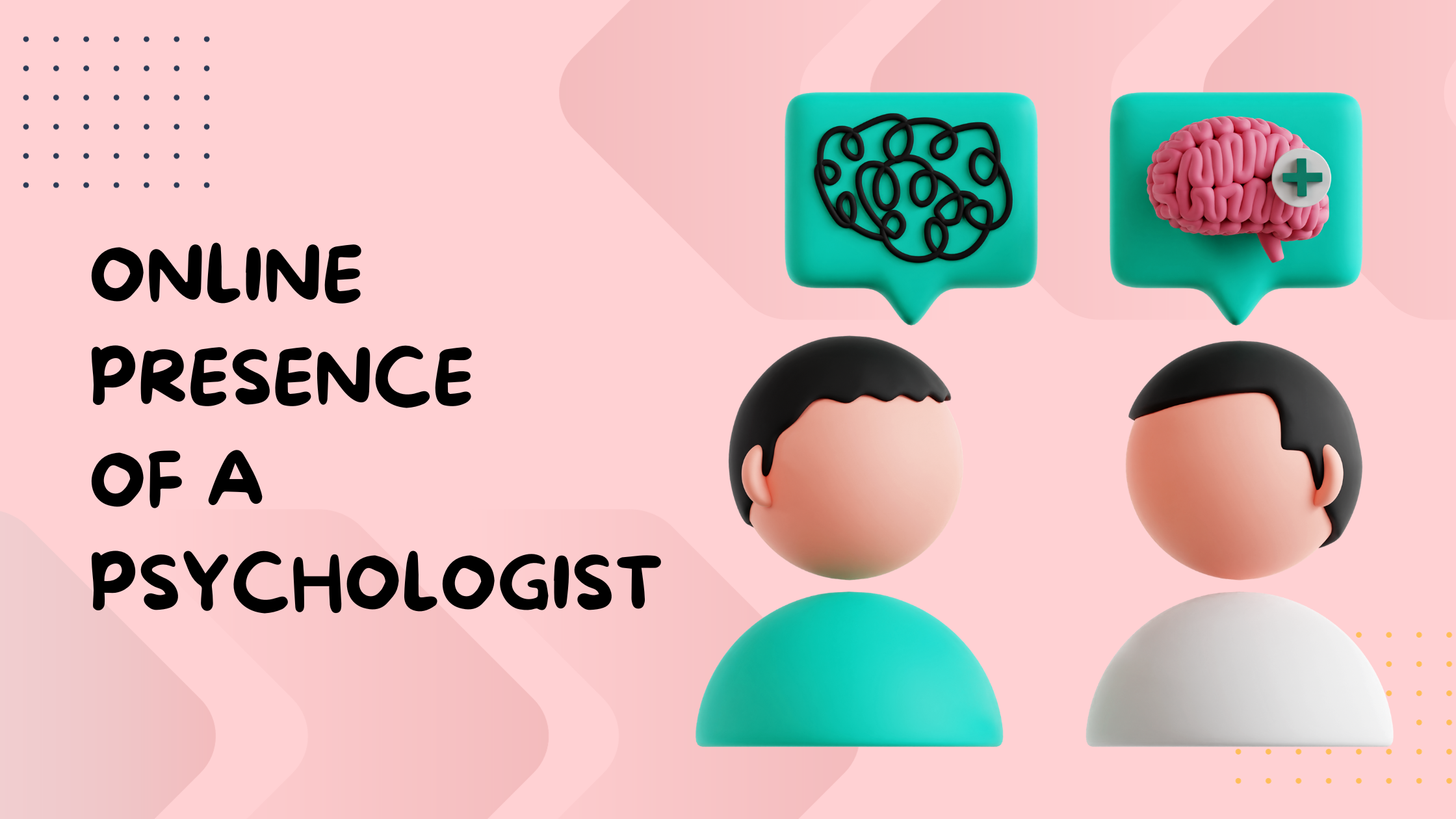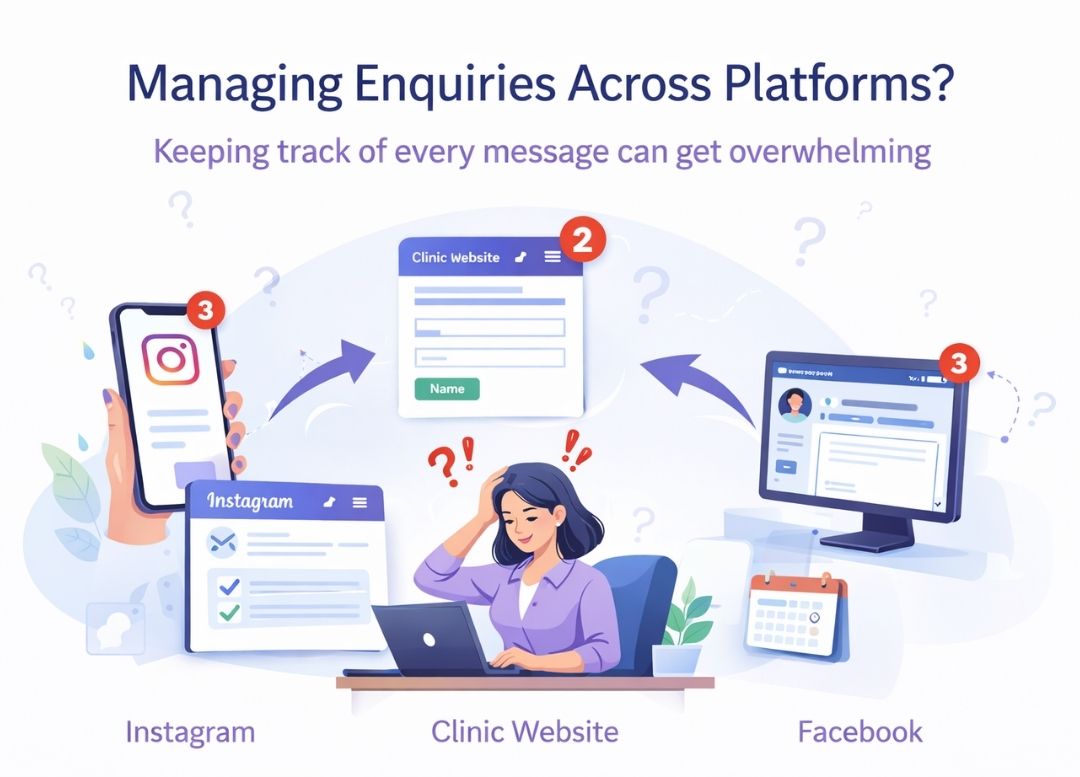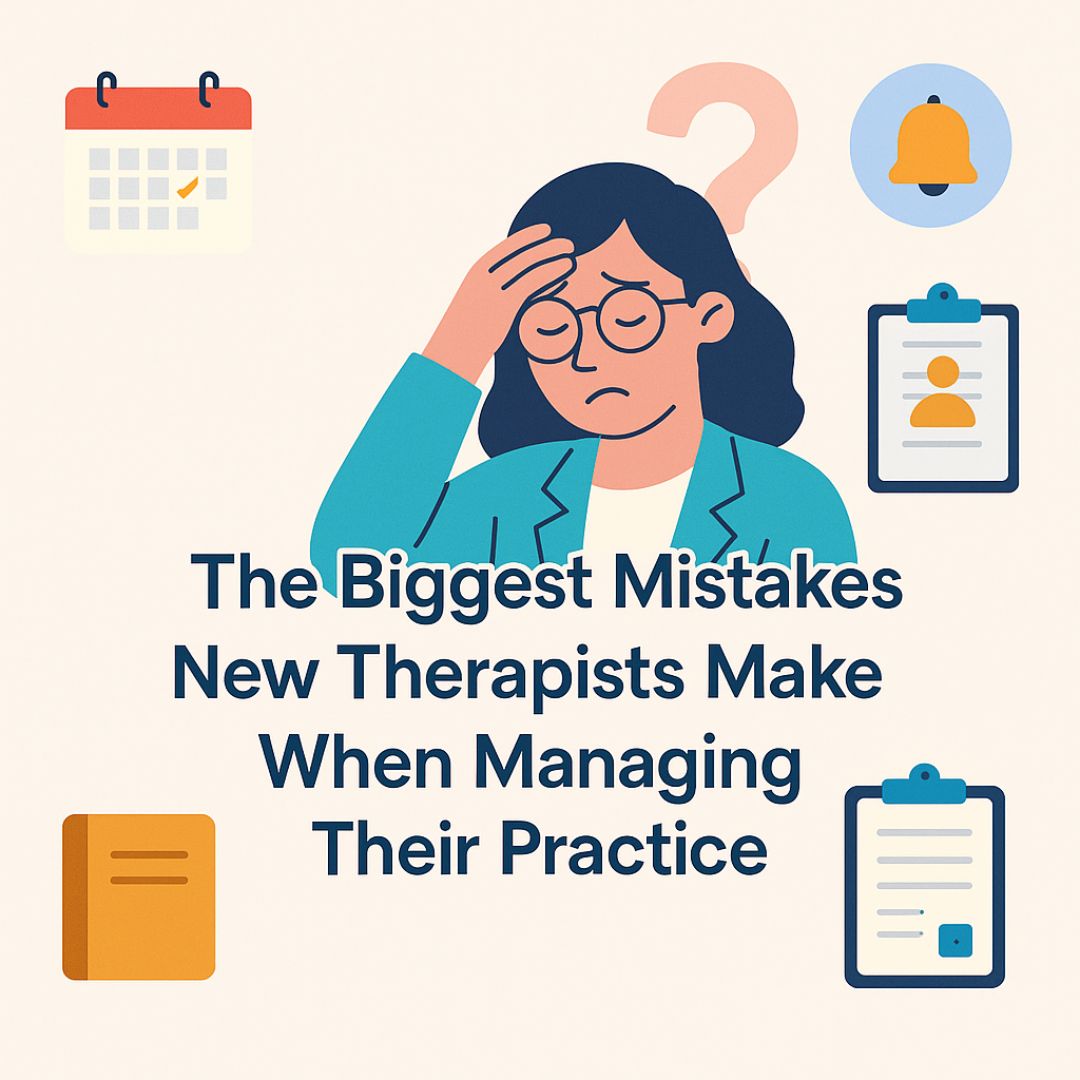Importance of Having an Online Presence as a Psychologist
A well-thought-out and optimized website is a multipurpose tool that can help you reach a wider audience, build reputation, and give them access to useful content. Psychologists who embrace and utilize online platforms will not only increase their professional exposure as the digital landscape develops further, but they will also help make mental health services more widely available and more efficacious in the modern era.

On this page
Jump to sections
In the rapidly changing digital era, individuals across a wide range of industries are realizing how important it is to have a strong online presence. Building and maintaining a website may be quite beneficial for psychologists in particular, as it allows them to reach a wider audience and share their expertise. The article covers the various reasons why it is important for psychologists to have an online presence and how a well-designed website can be a useful tool to increase their impact and efficacy.
Visibility and Accessibility
It is more important than ever for psychologists to have an online presence in the rapidly changing environment of today, when people frequently turn to the internet for services and information. A website that is optimized for search engines improves exposure and accessibility, making it easier for prospective clients to learn about your practice, areas of expertise, and services. In addition to drawing in new business, this increased visibility builds reputation and trust.
People are likely to find your website while looking for mental health providers online, and it will give them important information about what you do. A website serves as a digital store, exhibiting your credentials, education, and areas of specialization. People who are seeking psychological therapy are given trust and credibility by this online visibility.
Establishing Professional Credibility
More than just a digital business card, a well-designed website is a platform for showcasing your expertise, background, and client base. A thorough biography, customer testimonials, and pertinent qualifications all help to establish a transparent and reliable online presence that helps people decide whether or not they should choose you.
An online presence has the potential to revolutionize the game in the mental health area, where trust is crucial. Customers are more inclined to interact with a psychologist who has an obvious and established track record in their field. Furthermore, if you include details about your philosophy and therapy method on your website, prospective clients can determine if you're a good fit, which can result in more fulfilling and fruitful therapeutic relationships.

Educational Resource
A website for psychologists can be much more than a place for them to market themselves. It can also be a valuable educational resource for people seeking information about mental health issues, coping strategies, and self-help tips. By providing interesting articles, blog posts, or downloadable resources, you can show that you're an expert in your field and help improve the general public's mental health.
The educational part of your website not only helps your audience but also builds your reputation as a knowledgeable and caring professional. By offering insightful content that answers common questions, you become a trusted source of information and foster positive connections with your practice. This not only helps attract new clients but also positions you as a leading figure in the field.
Online Therapy and Telehealth Services
In recent years, telehealth services have grown significantly in popularity. Psychologists can provide therapy sessions and consultations via safe digital platforms by having an online presence. This not only accommodates those who might find it difficult to attend course sessions in person, but it also broadens your audience beyond geographical limits.
By providing online therapy services, you may increase the number of people you work with and add to the ease and accessibility of mental health therapies. Having the option of online sessions improves your practice's inclusiveness and meets the requirements of a varied clientele, particularly in a world where geographical distance can be a hindrance to seeking treatment.
Engaging with Your Audience
Having a website is a great way for psychologists to connect more with their audience, which is an important part of their online presence for psychologists. By using features like blogs, forums, or interactive parts on their website, psychologists can keep in touch with clients and the community all the time. Regularly adding new and relevant content keeps visitors interested and up-to-date.
This kind of two-way interaction creates a sense of community and connection with your therapy, even when people aren't in formal treatment sessions. Interesting content on your website, like blog posts about coping strategies, common mental health issues, or success stories, not only attracts and keeps visitors but also makes your practice more human and relatable.
Marketing and Branding
A psychologist's web presence is an effective marketing tool. By using digital marketing techniques like advertising on the internet, social media promotion, and search engine optimization (SEO), you may draw in more targeted traffic to your website and improve its exposure. Maintaining a recognizable and professional image across all of your online channels makes it simpler for possible clients to select your services over competitors.
The success of your facility can be greatly impacted by efficient web marketing. You can make sure that people looking for mental health services see your website among the top results by carefully selecting your keywords and optimizing your website for search engines. Consequently, you will become more visible and have a better chance of drawing in clients who are actively searching for your area of expertise.
Managing Appointments and Streamlining Operations
Including tools for online appointment booking simplifies your practice's administrative processes. Online scheduling makes it simple for clients to make appointments, negating the necessity for manual scheduling and phone calls. This gives your clients a simple and easy-to-use experience while also improving the general effectiveness of your practice.
By enabling automated reminders and confirmations, modern scheduling solutions help your clinic manage its time more effectively and decrease no-shows. In addition to helping the practitioner, this technology enhances the convenience and accessibility of the client experience as a whole.
Staying Informed and Relevant
Psychology is a dynamic field with continuing research and changing approaches to therapy. Psychologists can stay up to date on the newest advancements in their area and impart this knowledge to their audience by keeping an up-to-date online presence. Maintaining a current and relevant practice requires regular website updates with news, insights, and pertinent content. This shows a dedication to continuous professional development.
Demonstrating your commitment to remaining at the forefront of your field can be achieved by presenting latest research findings, talking about cutting-edge therapeutic techniques, or offering insights into mental health trends. This dedication not only improves your reputation in the industry but also gives clients peace of mind that they are getting the most modern and efficient psychological therapy.
Conclusion:
In conclusion, it is impossible to overestimate the significance of a psychologist's online presence. A well-thought-out and optimized website is a multipurpose tool that can help you reach a wider audience, build reputation, and give them access to useful content. Psychologists who embrace and utilize online platforms will not only increase their professional exposure as the digital landscape develops further, but they will also help make mental health services more widely available and more efficacious in the modern era.
Having a strong web presence is a financial investment in the health of your practice and the people you want to help. With the help of the digital sphere, those who are in need of mental health care can now connect with a wider range of people and overcome geographical obstacles thanks to the unparalleled potential it presents.
FAQs
Why is online visibility important for psychologists?
A search-optimized website increases exposure, making it easier for clients to find your services and build trust in your practice.How does a website establish professional credibility for psychologists?
A well-designed site with a bio, testimonials, and qualifications fosters trust and helps clients choose the right therapist.What role can a website play as an educational resource?
It offers articles and resources on mental health, positioning psychologists as experts and supporting public well-being.How does telehealth enhance a psychologist’s online presence?
Telehealth broadens reach by offering remote sessions, accommodating clients with geographical or mobility challenges.Why is engaging with the audience key for psychologists online?
Interactive features like blogs and forums build community and keep clients connected to your practice.How can marketing boost a psychologist’s website?
SEO and digital marketing increase traffic, ensuring your site ranks high when clients search for mental health services.Where can psychologists get a website to enhance their online presence?
Psychologists can explore tailored website solutions at LifeHetu to grow their practice.
On this page
Jump to sections
Related Reads. Similar Blogs to Check Out.





